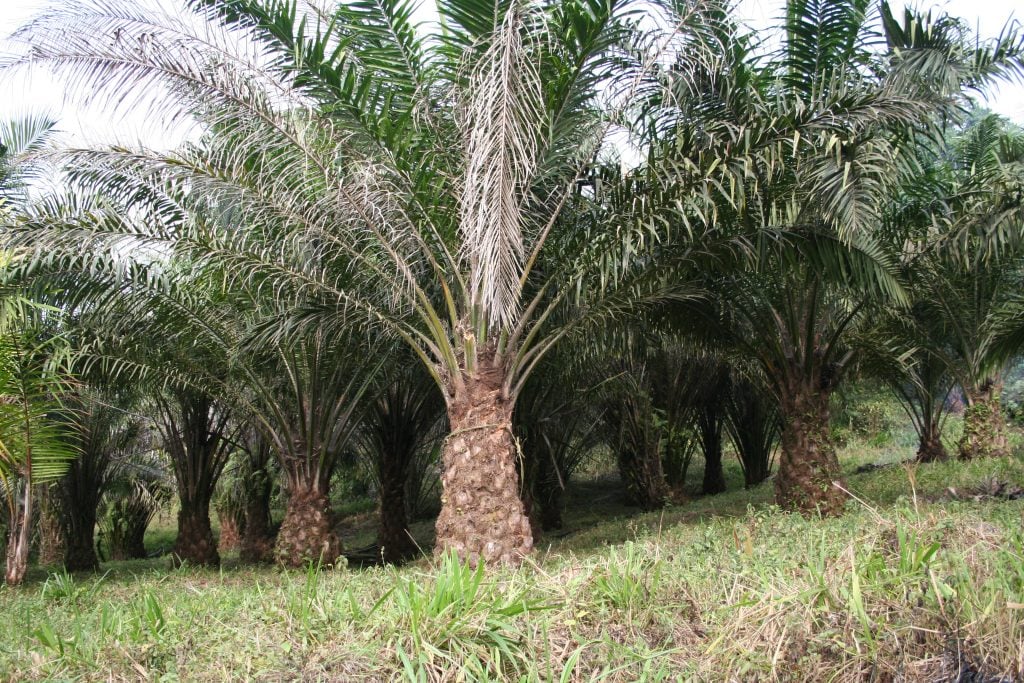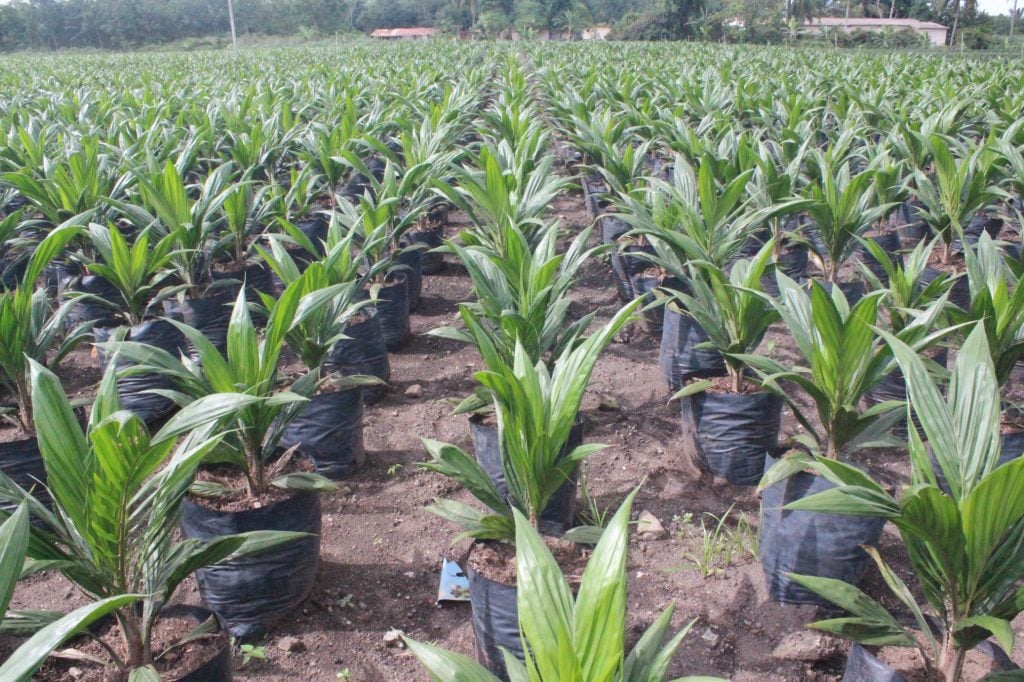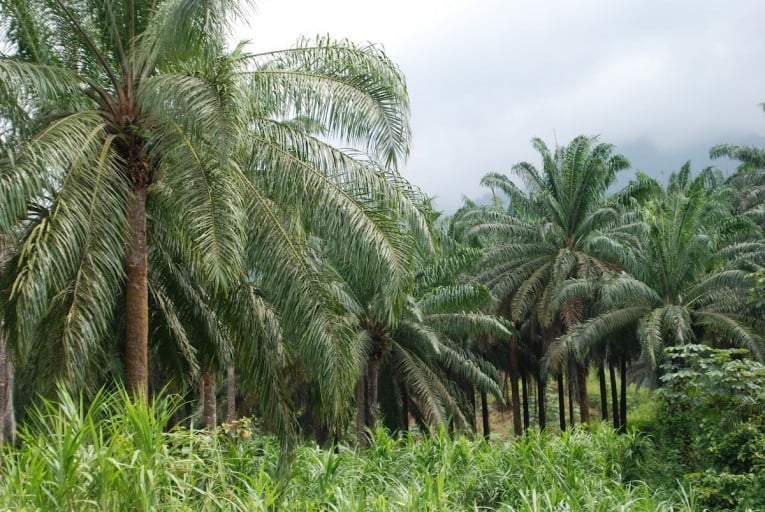For all the economic benefits the palm oil industry has brought to Indonesia and Malaysia, which together produce more than 80 percent of the global supply of the commodity, the industry’s rapid expansion in both countries has also brought numerous, well-documented cases of massive deforestation and human and labor rights abuses. Fjallraven Kanken
The global palm oil market is projected to be worth $88 billion by the year 2022. Elaeis guineensis, the species of palm that is the chief source of palm oil, is actually a native of the African tropics, which is why it’s commonly referred to as the African oil palm. Nike Air Max Fearing that the species’ homecoming by way of industrial agricultural operations could mean for their tropical forests what it has meant for the forests of Indonesia and Malaysia, seven African nations signed a pledge, known as the Marrakesh Declaration because it was formally adopted at the UN climate talks in Marrakesh, Morocco last November, dedicating themselves to sustainable development of the palm oil sector. Canotte Memphis Grizzlies According to a study published in the journal Environmental Research Letters earlier this month, those seven nations, which collectively represent 70 percent of Africa’s tropical forests, have good reason to be proactive when it comes to managing the rollout of oil palm operations within their borders. But there is also reason to hope that oil palm expansion in Africa can be done more sustainably in Africa, especially if lessons learned from how agricultural expansion has impacted the tropical forests of Southeast Asia and South America are heeded, the researchers behind the study found. Canotte Golden State Warriors

It’s been estimated that, over the next five years, as much as 22 million hectares (or more than 54 million acres) of land in Central and West Africa could be converted to oil palm plantations.
Monocro plantations have already taken a rather large bite out of Africa’s forests. NIKE AIR MAX SEQUENT
For instance, close to three-fourths of the world’s cocoa is produced on the continent, which, Ordway and colleagues note, has required that more than 325,000 acres of new cropland be carved out of Africa’s forests annually in order to keep up with growing demand for the commodity. And that is just a small portion of the overall agricultural expansion happening in Africa right now: Production of agricultural commodities has been growing faster there than in any other region of the world since 2015, with total cropland area predicted to expand by as much as 10 percent by 2025. asics gel beyond damskie Multinational companies have already bought up a land area larger than Costa Rica in the Congo Basin, home to the world’s second-most extensive tract of rainforest, mostly for crops such as oil palm and soy, Ordway and team discovered. Arizona State Sun Devils Jerseys

According to a study published in the journal Environmental Research Letters earlier this month, those seven nations, which collectively represent 70 percent of Africa’s tropical forests, have good reason to be proactive when it comes to managing the rollout of oil palm operations within their borders. But there is also reason to hope that oil palm expansion in Africa will be done more sustainably in Africa.
Click here to read the original article.

